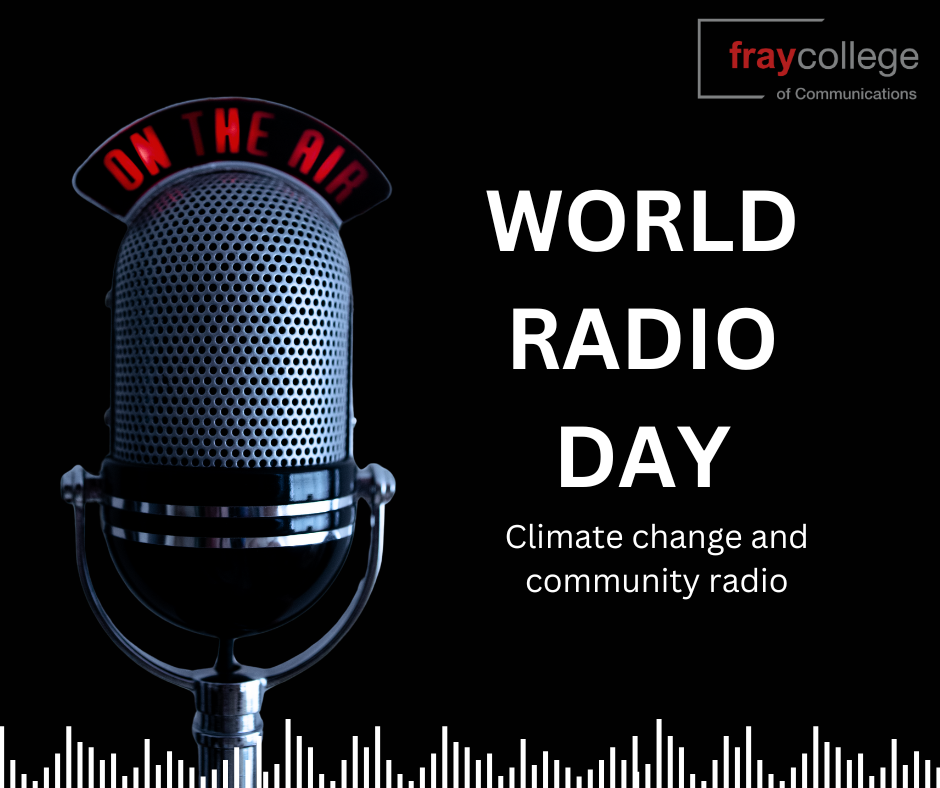
It is estimated that 60%-70% of Africans listen to radio, making it the medium with the widest reach on the continent. This reach makes radio an invaluable tool for development and the dissemination of important news. Community radio stations, in particular, play a crucial role as they cater to marginalised communities in languages they understand.
Climate change is one of the greatest crises of our time. Effective climate action requires that communities are well-informed and actively participate in solutions, whether by supporting proposed initiatives or developing their own. Community radio can be a powerful partner in driving climate action by raising awareness, fostering dialogue, and inspiring local action.
As we commemorate World Radio Day in 2025, here are some key tips for how community radio stations can effectively communicate about climate action.
- Become knowledgeable
Effective communication starts with understanding the topic. This does not mean that journalists, presenters, and producers must become experts, but it does mean they need some level of knowledge to be able to come up with story ideas, understand common terms and engage meaningfully on the topic. - Work with the experts
Invite scientists, environmentalists, local climate activists, and community members as guests on shows or interviewees for stories. This adds authority to communication on climate change and means audiences can get deeper knowledge and analysis on the issue. Experts can help explain complex issues in simple terms and dispel any mis/disinformation. It’s important to note here that community members can also be considered as experts because of their lived experiences. - Make the topic relevant
Community media is a powerful tool for climate change communication at a local level because it can focus on the precise issues that its specific community is facing and delve deeper into that. Instead of always talking about climate change in general, community radio stations can localise the issue to speak about how it’s impacting their communities and what solutions are possible. Relate climate change to everyday life in the community. Discuss local issues such as droughts, floods, or changes in farming patterns and how they link to the global climate crisis. Use relatable examples to show how climate change affects health, food security, and livelihoods. - Don’t just give information, tell stories
Radio is often referred to as a “theatre of the mind” because it allows for a kind of storytelling that paints a vivid picture in the mind of the listener. When communicating on climate change on radio, it is important to tell stories and do that by using descriptive words, add sound that amplifies the message and engaging people’s emotions. Well-told stories make it easier to show impact, for people to engage, understand and act. - Be solutions-oriented
Simply focusing on the problem is not enough. Many communities are in desperate need of solutions for how they can protect themselves and their livelihoods from the symptoms of global warming. Highlight local initiatives addressing climate change, such as tree planting drives, sustainable farming techniques, or community clean-up efforts. Showcasing solutions empowers the audience and fosters a sense of hope and collective action.
